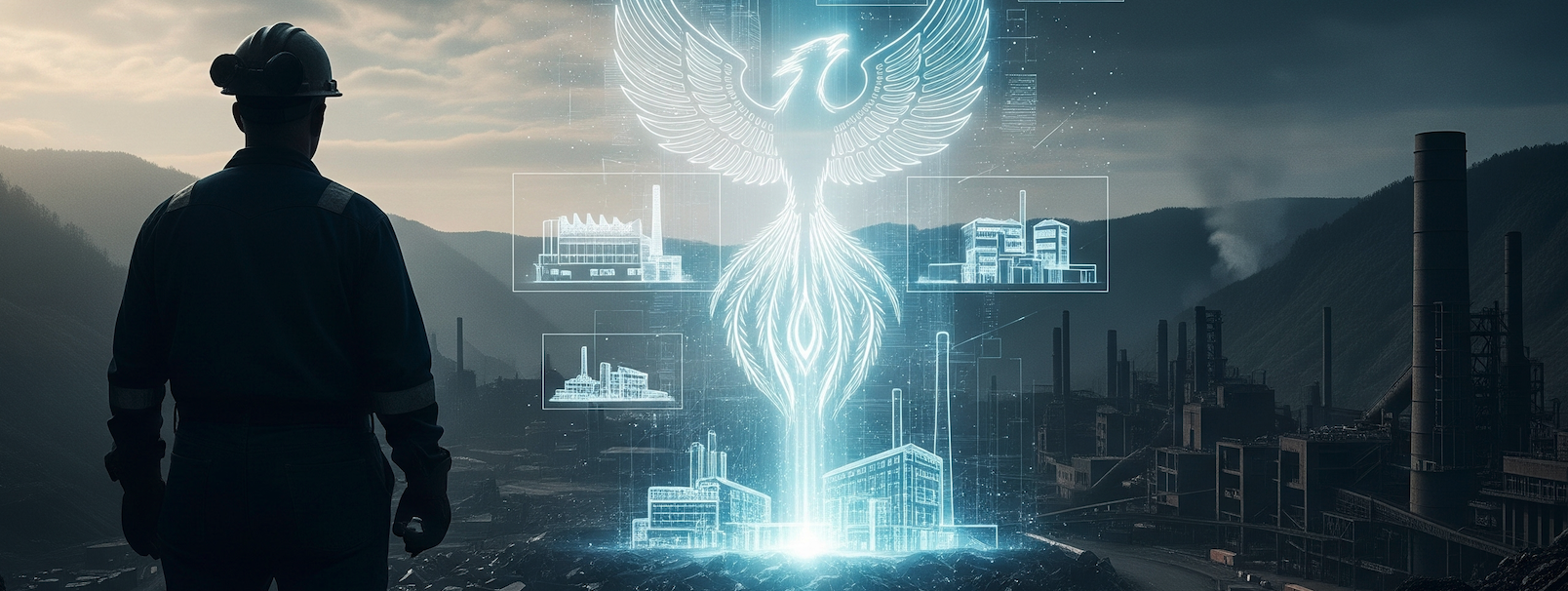The Democrat worldview, fixated on outdated economic dogma, stands as a direct impediment to American prosperity in the AI era. Their response to every new opportunity is a tired chorus of recycled criticisms, stale arguments, and unimaginative calls for more debt. It’s time to dismantle their flawed logic and embrace a forward-looking economic plan that puts American ingenuity and the American people first.
Stimulus Checks: Fueling Innovation, Not Inflation
Let’s start with the core of the plan: sending stimulus checks to the American people, funded by the massive influx of new tariff revenue. Predictably, the old guard cries “inflation, bad investment, and boom-bust” cycles. This thinking is completely out of touch with the reality of the modern American economy.
This is the era of AI. Individual “Mom and Pop” investors, and even tech-savvy teenagers, are smarter and more connected than ever. The money from a stimulus check isn’t just disappearing into a black hole; it’s circulating, it’s being invested, it’s fueling small businesses, and it’s driving innovation from the ground up.
The United States of America needs to “double down” on creativity. We are collecting hundreds of billions of dollars annually from President Trump’s 2025 tariffs, a massive windfall. To suggest this extra revenue should just be used to “directly pay down the debt” is not just boring, it’s uncreative, and frankly, un-American. Our nation thrives on dynamism, not just fiscal austerity. This tariff revenue is a direct windfall, earned by putting our nation first, and it should be returned to the American people as stimulus checks to ignite a new wave of entrepreneurship and consumption. The notion that this creates only “bad investment” shows a profound lack of faith in the American people’s ability to make smart decisions.
The Delusion of “Free Association” in Global Trade
This brings us to the source of this revenue: tariffs. Democrats cling to a naive fantasy of “free trade,” arguing that it allows “humans to freely associate” in the global marketplace. This completely ignores the brutal realities of international competition and thousands of years of human history, which are driven by power and self-interest.
Go watch or read Frank Herbert’s “Dune.” In that universe, the Great Houses of the Imperium each possessed their own family atomics (nuclear weapons hidden away). While their use against humans was forbidden, the existence of those weapons shaped every single interaction. The Atreides, for instance, had a cache of atomics on Arrakis; they knew they could obliterate the very spice production that powered the galaxy if they chose. The point is, there was no true “free association” among the Great Houses because each had instruments of immense power held in reserve.
To suggest that nations like China, with their state-subsidized industries and strategic market manipulation, are engaging in “free association” is equally delusional. They operate with the equivalent of “family atomics” in their economic arsenal. Our tariffs are not about hindering association; they are about imposing a real-world cost on their predatory practices and defending American industries, ensuring our (the United States of America’s) economic security and strength.
The Real Tax Burdens: Income and Corporate Taxes
The Democrat fixation on certain taxes is a masterclass in misdirection. They ignore the real drags on our economy. The federal income tax, for example, does far more to “discourage capital formation and savings” than any other tax. President Trump has rightly targeted this, stating his intention on a tarmac around April 27, 2025, to seek “no income tax Federal that is for those making $200,000 or less a year.” That’s a bold vision to free up the vast majority of American households. He’s already shown his commitment with “The Bill,” which effectively eliminated the federal income tax on Social Security for most seniors.
Likewise, corporate income taxes are a first-order, direct punishment on businesses, making American companies less competitive. This is a real “disincentive to productivity.” Furthermore, let’s not forget the huge excise taxes on highway-related activities and air travel, particularly in what are essentially Democrat-run city-states like California and New York. These taxes directly increase the cost of doing business and kill growth.
Capital Gains: A Necessary Guard Against Speculation
Finally, let’s dismantle their primary attack: the ludicrous claim that a capital gains tax “stops productivity.” This argument is completely backward. The capital gains tax, particularly its distinction between short-term and long-term gains, is a crucial governor against rampant, destabilizing speculation.
We live in the era of “Flash Boys,” the term coined by author Michael Lewis, where high-frequency trading can create incredible market volatility. A robust capital gains framework, which taxes short-term trades at a higher rate, tempers the kind of reckless gambles that produce little real value. The preferential treatment for long-term gains is a strategic incentive for patient, productive investment, the very definition of capital formation. To dismantle this system would be to open the floodgates to massive foreign entities who would flood our tech incubators with speculative cash, creating artificial bubbles and blowing out genuine American innovators. We need the capital gains tax on paper assets to protect our competitive edge.
The choice is clear. We can cling to the tired, failed economic theories of the Democrat worldview, or we can embrace a bold, creative, and uniquely American path. Tariff revenue should empower the American people through stimulus checks, fueling innovation, not just vanish into the bureaucracy of debt repayment. Let’s trust our investors, our innovators, and our creative spirit.

